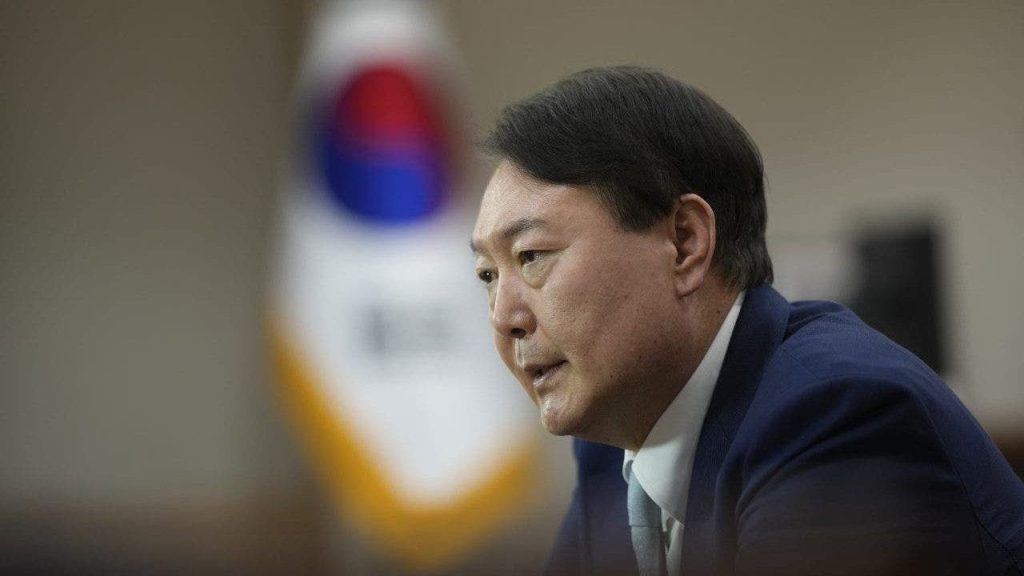South Korean President Yoon Suk Yeol recently declared martial law in response to what he described as “anti-state” activities by opposition parties. In a late-night address broadcast live on YTN, Yoon emphasized his decision as a necessary measure to safeguard the freedoms of South Korean citizens and maintain the constitutional order amidst escalating tensions. In his proclamation, Yoon accused the opposition of manipulating the parliamentary system to create instability within the country, citing their actions as detrimental to the national interest and security.
Yoon’s declaration reflects a deepening political crisis in South Korea, where ideological divisions are increasingly polarizing the nation. The President’s rhetoric underscores the belief that the opposition’s tactics threaten both the integrity of the government and the well-being of the populace. He positioned his move as a defensive strategy against the perceived influence of North Korean communist forces, implying that the opposition’s actions could be likened to betrayal. Yoon’s remarks suggested a stark dichotomy between what he termed “pro-North Korean anti-state forces” and the values of a free and democratic South Korea.
In reinforcing his stance, Yoon expressed a sense of urgency, asserting that drastic actions were mandated by the current political climate. He did not elaborate on specific actions or measures to be implemented under martial law, leaving many uncertainties regarding how this state of emergency would manifest in practical terms. The lack of clarity has raised questions among lawmakers, analysts, and the general public, fueling fears over how such powers may be exercised and what implications they could have for civil liberties and governmental transparency.
Additionally, Yoon’s declaration may provoke significant backlash from opposition parties and civil society groups, many of whom may view this act as an overreach of executive power. Historical context is essential in this scenario; past instances of martial law in South Korea have often been associated with political repression, and many citizens remain wary of authoritarian governance. Critics of the government’s decision could mobilize protests and calls for accountability, positioning themselves as defenders of democracy and human rights against what they may perceive as a dictatorial shift.
The international community is also likely to monitor the situation closely, given South Korea’s strategic significance in Northeast Asia and its relationship with North Korea. As regional tensions continue to rise, any developments pertaining to martial law will have implications for security dynamics on the Korean Peninsula. The U.S. and other allies may express concern regarding human rights violations and the potential for escalating conflict, emphasizing diplomatic resolutions over militaristic responses to internal strife.
In conclusion, President Yoon Suk Yeol’s declaration of martial law marks a critical juncture in South Korean politics, encapsulating the escalating tensions between government and opposition. While Yoon argues the need for such measures as a defense against perceived threats, the broader implications of this decision raise pressing questions about the future of democracy and civil liberties in the country. As South Korea navigates this complex and potentially volatile landscape, the coming days and weeks will be crucial in determining how power dynamics unfold and how the population responds to this unprecedented governmental action.

